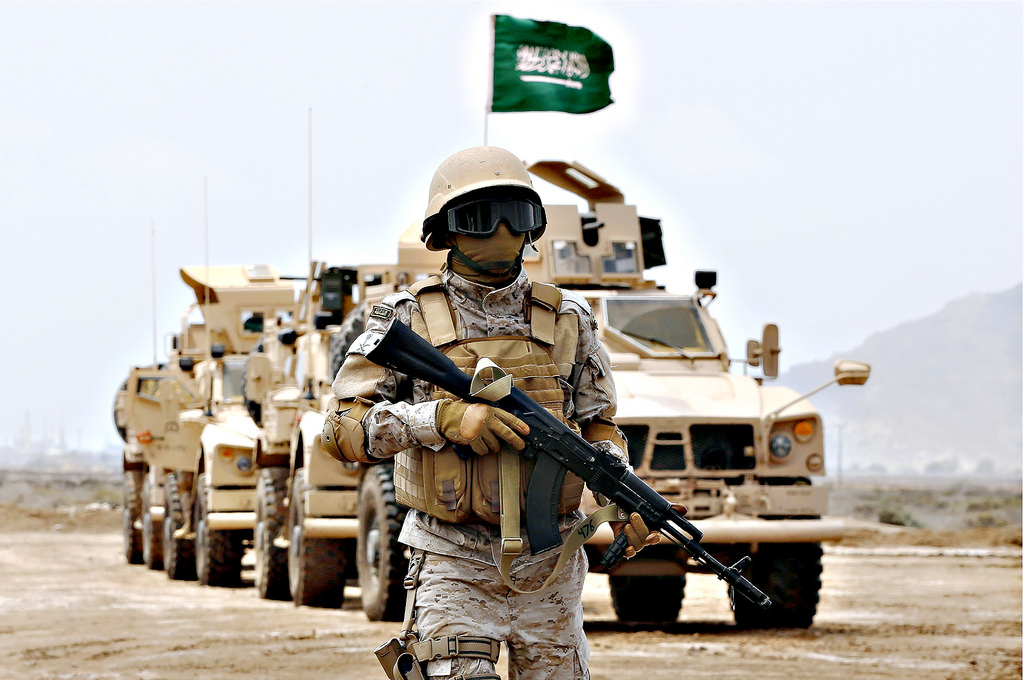
Practical information
Yemen has been shaken for several years by a war combined with an unprecedented humanitarian crisis. The 2011 “Yemenite Spring”, followed by the Houthi rebel militia’s coup of 2014 generated the conflict which took a regional dimension, entrenching the logic of the blocks: Iran’s support to Shia Houthis provoked the intervention of a Sunni-Arab coalition led by Saudi Arabia in Yemen (2015, March). The progressive internationalization of the war (US back-up to the coalition, spillover into the Horn of Africa, arms contract with European countries), undermines the prospect of conflict resolution, while the social and institutional fragmentation sets the ground for Al Qaeda and ISIS terrorism.
Between regional consequences and protracted conflict, civil war and power confrontations, what medium term consequences should be expected from the Yemeni conflict?

9h00 – 9h30 - Opening talk: Ismail Ould Cheikh Ahmed, Special Envoy of the UN in Yemen
9h45 – 11 h 15 - 1st panel: Yemen in conflict
Moderator: Elie Tenenbaum, research fellow at Ifri’s Security Studies Center, coordinator of the Defense Research Unit (LRD)
- “Military operations: the state of play”, Fatiha Dazi-Heni, Researcher, IRSEM
- “Political developments and perspectives”, Marine Poirier, Research fellow, IREMAM, Aix-en-Provence
- “The humanitarian crisis: what kind of emergency?”, Isabelle Moussard-Carlsen, regional Director of operations, Action contre la faim
11 h 15 – 11 h 30 - Coffee break
11 h 30 – 13 h 00 - 2d panel: Regional consequences of the crisis
Moderator: Dorothée Schmid, Head of the Turkey / Middle East program, Ifri
- “Towards a new regional strategic landscape”, François Frison-Roche, Researcher CNRS-CERSA, Paris
- “A boost to Islamic terrorism?”, David Rigoulet-Roze, Researcher IFAS, managing Editoro of Orients Stratégiques
- “France and the issue in Yemen”, Adrien Pinelli, Deputy-Director for the Middle-East, French Ministry of Foreign Affairs
Other events

Paris Naval Conference 2026: Naval Rearmament and Operations in Contested Waters
This fourth edition of the Paris Naval Conference (CNP), bringing together high-level military, industrial, and academic speakers, will address the challenges associated with general naval rearmament and naval operations in increasingly contested environments.





